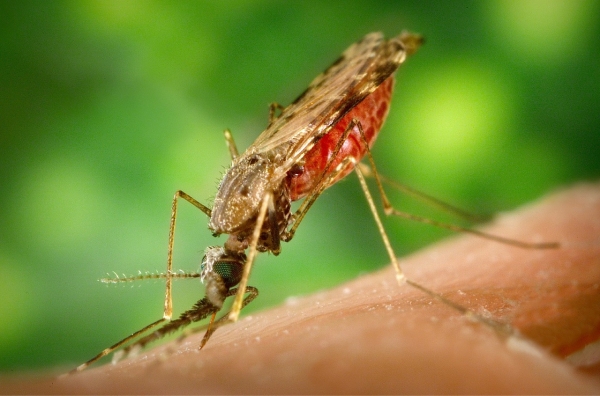Malaria is a mosquito-borne disease caused by a parasite that spreads from bites of infected female Anopheles mosquitoes.
Malaria is a mosquito-borne disease caused by a parasite that spreads from bites of infected female Anopheles mosquitoes. If left untreated in humans, malaria can cause severe symptoms, health complications and even death.
In tropical and subtropical regions where malaria is prevalent, scientists are concerned that climate warming might increase the risk of malaria transmission in certain areas and contribute to further spread. However, there is still much to learn about the relationship between temperature and the mosquito and parasite traits that influence malaria transmission.
In “Estimating the effects of temperature on transmission of the human malaria parasite, Plasmodium falciparum,” a groundbreaking study published in the journal Nature Communications, researchers at the University of Florida, Pennsylvania State University and Imperial College, combined novel experimental data within an innovative modeling framework to examine how temperature might affect transmission risk in different environments in Africa.
Read more at University of Florida
Photo Credit: ArtsyBee via Pixabay




